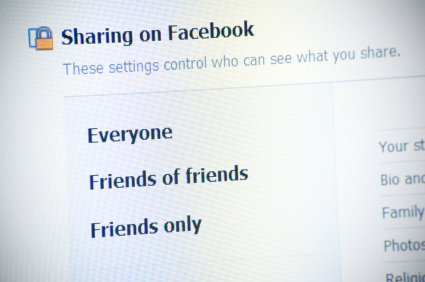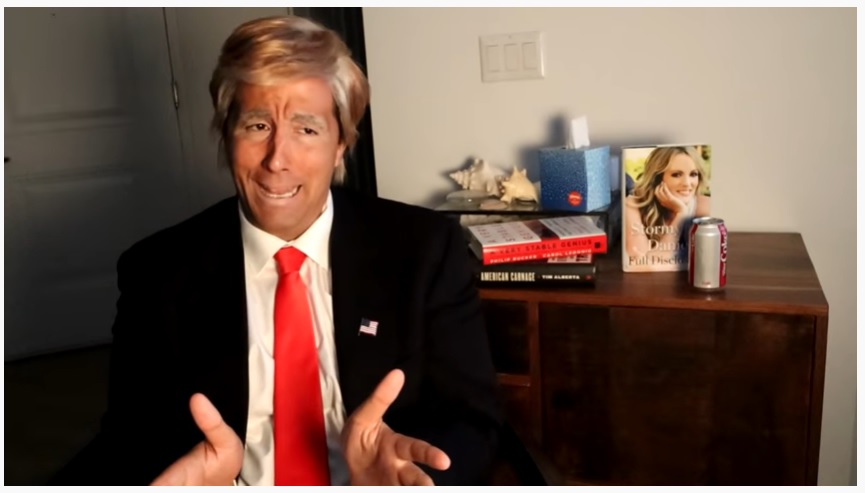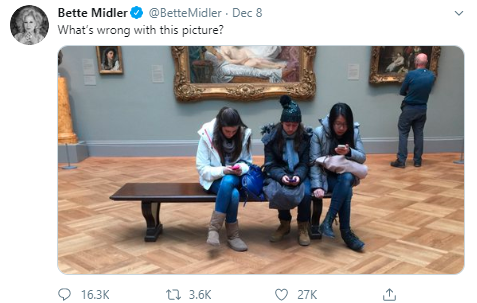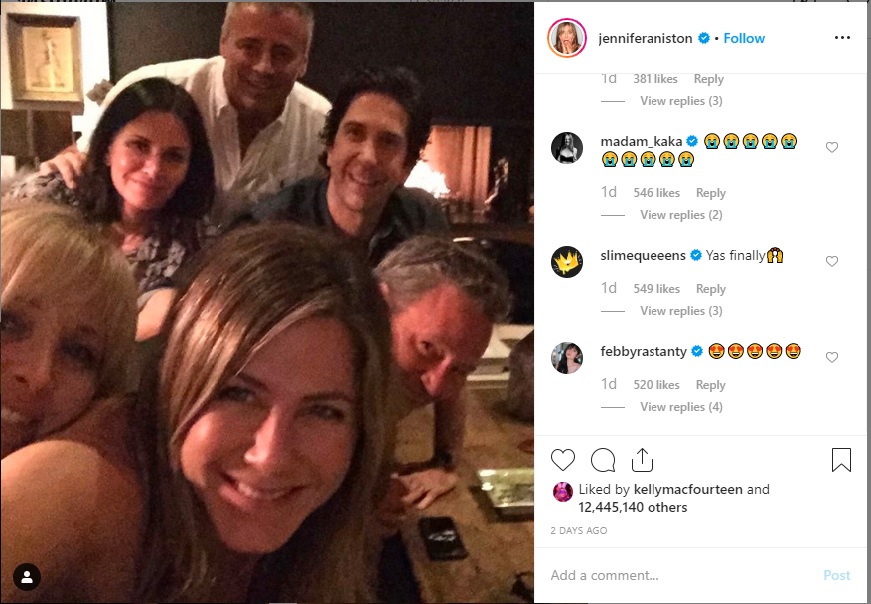Can You Really Trust Your Facebook Friends?
I graduated from high school in 1990. In the 23 years since, I’ve fallen out of touch with most of my former classmates.
The only way I know anything about their lives is through my personal Facebook account. Although I haven’t actually spoken to most of those people in more than two decades, it’s still nice to know that they’re living happy lives with their partners and, in many cases, their kids.
But I’m connected to about 250 people on my personal Facebook account, which raises a question: How many of those people do I really know? Can I really trust them with the information I post to that account? And do privacy settings that restrict my network only to my “friends” really mean anything?
I thought of that recently when I came across an op-ed in the Los Angeles Times by Diane O’Meara, the woman whose photos were used in the bizarre Manti Te’o case.
For those of you who didn’t follow that story, Te’o was a star Notre Dame football player who fell in love with a woman he had met online. Although they never met, Te’o formed a deep emotional attachment to the woman, who he labeled his “girlfriend.” Unfortunately for him, the woman wasn’t real. “She” was invented by a young man who pulled an elaborate hoax on Te’o. The hoaxer used photos of a former high school classmate to convince Te’o that he was in fact an attractive young woman.
O’Meara, who had no idea that her photos had been used as part of the hoax, wrote:
“I thought I had been careful with the privacy settings on my Facebook and Instagram accounts. I kept up with Facebook’s privacy policies and took advantage of privacy tools. My private profile was not searchable by anyone who was not a “friend of a friend.” I even limited access to photos of me that were posted by other people and tagged on my profile. And I made sure that every post and tag that was on my timeline was there because I allowed it to be there.
But, as it turned out, that wasn’t enough. Even with restrictive settings, my wide circle of “friends” still had access to many pictures of me, and I had no control over what they did with those pictures.
One person abused that access. Many details remain unclear, but it now appears that the casual high school acquaintance whose ‘friend’ request I accepted, took my pictures, and they were used to create the fictitious persona.”
If you think your privacy settings protect you from nefarious types, think again. Unless your personal networks are restricted to a very small number of your most trusted friends and family members, you could be vulnerable to the same type of exploitation. Frankly, any of us who use social media are.
The most important takeaway for me? Don’t allow yourself to feel a false sense of security just because you’re posting to “friends” on a personal social network with strict privacy settings. The truth is, friends is a subjective term. So it’s probably a good idea for me not to place too much trust into the Facebook “friend” I worked with for a few months 21 years ago—and who I haven’t heard from since.
What do you think? Please leave your thoughts in the comments section below.



